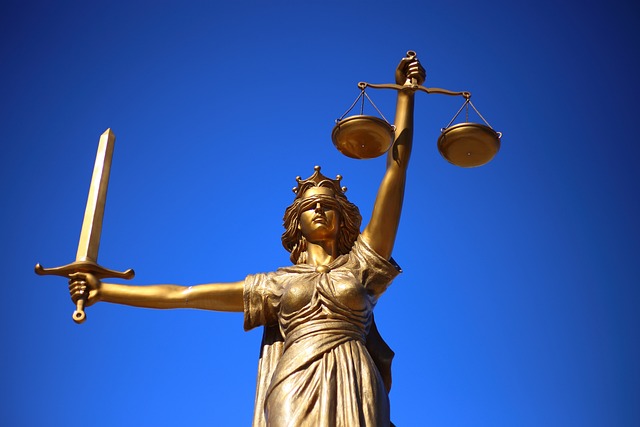
Introduction
In the labyrinthine structure of the Indian legal system, quasi-judicial authorities stand as a crucial intermediary between administrative decisions and full-fledged courts. These bodies, vested with limited judicial powers, serve to ensure efficient resolution of disputes within specific domains. Understanding the nuances of quasi-judicial authorities is essential, as they play a pivotal role in upholding justice, fairness, and administrative efficiency. This article delves deeper into the concept of quasi-judicial authorities in the context of Indian law, examining their powers, functions, and the intricate web of checks and balances that guide their actions.
Understanding Quasi-Judicial Authorities
Quasi-judicial authorities, by definition, are bodies or officials authorized to adjudicate disputes, interpret laws, and make decisions that significantly affect the rights and interests of individuals and organizations. Although they do not possess the comprehensive powers of regular courts, these entities operate within their specialized spheres, dealing with matters ranging from administrative and regulatory issues to disciplinary proceedings.
Powers and Functions
The powers of quasi-judicial authorities are typically derived from specific statutes or regulations that define their jurisdiction, procedures, and limitations. These bodies conduct hearings, examine evidence, and render decisions based on the applicable laws and regulations within their domain. Their existence is paramount for addressing specialized disputes promptly and efficiently, thereby relieving the regular judicial system from unnecessary burdens.
Checks and Balances
To prevent the abuse of power and to maintain the delicate balance between administrative efficiency and individual rights, quasi-judicial authorities are subject to several essential checks and balances:
Principles of Natural Justice: Quasi-judicial authorities are bound by the principles of natural justice, including the right to be heard, the rule against bias, and the duty to act fairly. These principles ensure a fair and unbiased decision-making process, making the proceedings just and equitable.
Judicial Review: The decisions made by quasi-judicial authorities are subject to judicial review by higher courts. Courts have the authority to scrutinize the legality, fairness, and procedural propriety of their decisions. This mechanism acts as a significant deterrent against arbitrary or unjust decisions.
Statutory Limitations: The powers and jurisdiction of quasi-judicial authorities are usually clearly defined in statutes. Operating within these statutory boundaries is paramount, as any decision made beyond their prescribed authority can be challenged in court, rendering it null and void.
Landmark Cases and Precedents
A. State of Orissa v. Madan Gopal Rungta (1952): In this seminal case, the Supreme Court stressed the importance of quasi-judicial bodies adhering to the principles of natural justice, particularly emphasizing the right to be heard. The case set a precedent for fair and unbiased decision-making processes within quasi-judicial authorities.
B. Harinagar Sugar Mills Ltd. v. Shyam Sundar Jhunjhunwala (1961): This case highlighted the significance of quasi-judicial authorities acting within their jurisdiction. Any decision made outside their legal ambit was declared null and void, emphasizing the importance of operating within statutory limitations.
Conclusion
Quasi-judicial authorities, with their specialized functions and limited powers, occupy a pivotal space in the tapestry of the Indian legal system. Their effective operation not only ensures administrative efficiency but also safeguards the rights and interests of individuals and organizations. Upholding the principles of natural justice and subjecting their decisions to judicial scrutiny, these bodies represent a delicate yet essential balance between expeditious dispute resolution and the protection of fundamental rights. As India’s legal landscape continues to evolve, the role of quasi-judicial authorities remains integral to ensuring justice, fairness, and the rule of law in the country.









